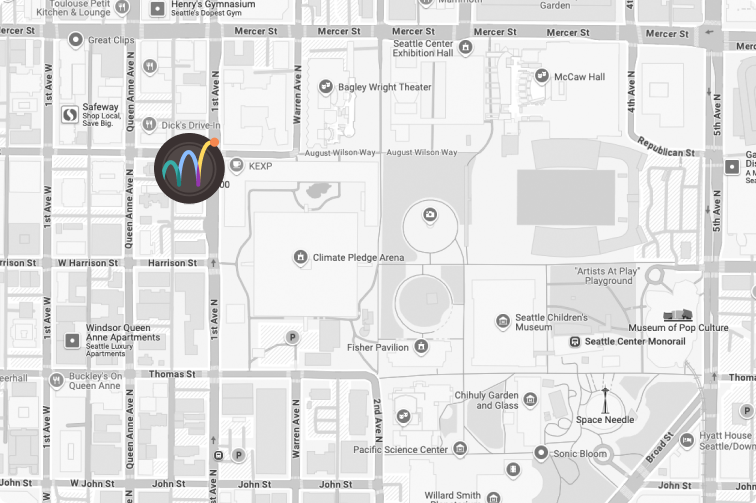
SERVICES
Brain Injury Rehabilitation
Our Brain Injury Rehabilitation Program (BIRP) specializes in rehabilitation of patients that have experienced any and all severities of traumatic brain injuries and concussion, as well as secondary injuries.
SERVICES
Recovery from brain injury
BIRP is designed for individuals who have sustained a brain injury and require medical, physical, cognitive, or emotional support to recover.
Types of injuries
BIRP addresses and treats a wide range of brain injuries, including:
- Traumatic brain injuries (TBIs) that are typically caused by external forces such as falls, motor vehicle accidents, sports injuries, or assaults.
- Non-traumatic brain injuries due to internal factors like strokes, brain tumors, infections (such as meningitis or encephalitis), aneurysms, or lack of oxygen to the brain from events like cardiac arrest or near-drowning.
- Functional impairments, including cognitive difficulties (memory, attention, problem-solving), physical disabilities (mobility or coordination issues), communication problems (speech or language)
- Emotional or behavioral challenges such as depression, anxiety, or irritability.
Treatments
The BIRP program supports reengagement in meaningful activities through:
- Comprehensive intensive interdisciplinary services, including physical therapy, occupational therapy, speech therapy, mental health counseling, neuropsychology, and medical management.
- Coordinated whole person care for pain, headaches, cognitive rehabilitation, dizziness, visual changes, fatigue, and injury adjustment.
- Targeted strategies to support compensation and remediation of challenges to improve function and reduce symptom experience.
Specialized services
Individualized outpatient care to help with successful transition to home, work or school, or the community. Our services aim to improve physical health and fitness, psychological well-being, coping and compensatory strategies, social and leisure activities, and capacity for returning to work and/or to other functional activities.
Neuropsychology
Our neuropsychological evaluation identifies a person’s cognitive strengths and weaknesses. It helps clarify thinking issues affecting daily life and supports diagnosis, treatment planning, and rehabilitation. Results can also inform educational or vocational decisions and guide strategies to manage or improve cognitive function.
SERVICES
BIRP Outcomes
Cognitive Outcomes
On average, our patients saw a 26% reduction in cognitive disability levels, 13% improvement in cognition, 32% improvement in spoken language comprehension, and 17% improvement in spoken language expression.
Neuropsychology Outcomes
Our data reflect improvements in areas targeted for intervention, including immediate memory, delayed memory, and attention, with an average score increase of 12% between intake and discharge.
Psychosocial Outcomes
On average our patients see a 38% reduction in symptoms of depression, 33% reduction in reported anxiety, and a 32% reduction in severity of neurobehavioral symptoms.
PATIENT TESTIMONIALS
What our patients have to say
Jennifer Sarthon

Steve Thomas

Misty Wheeler
